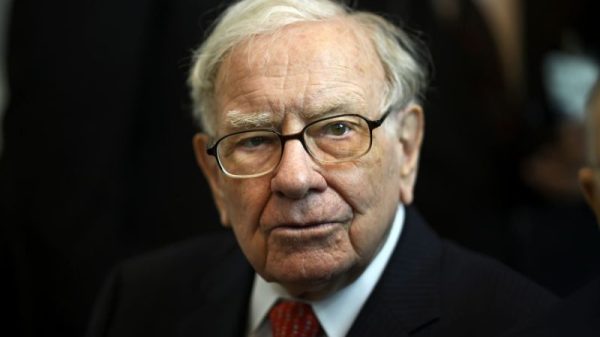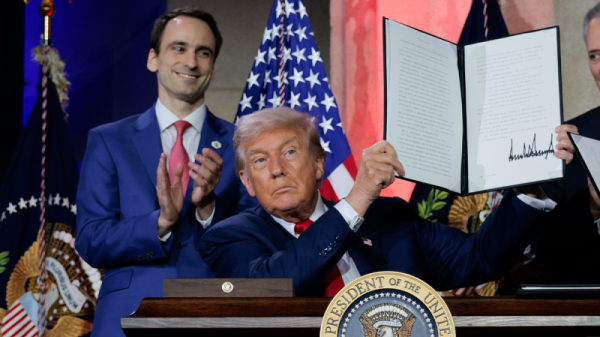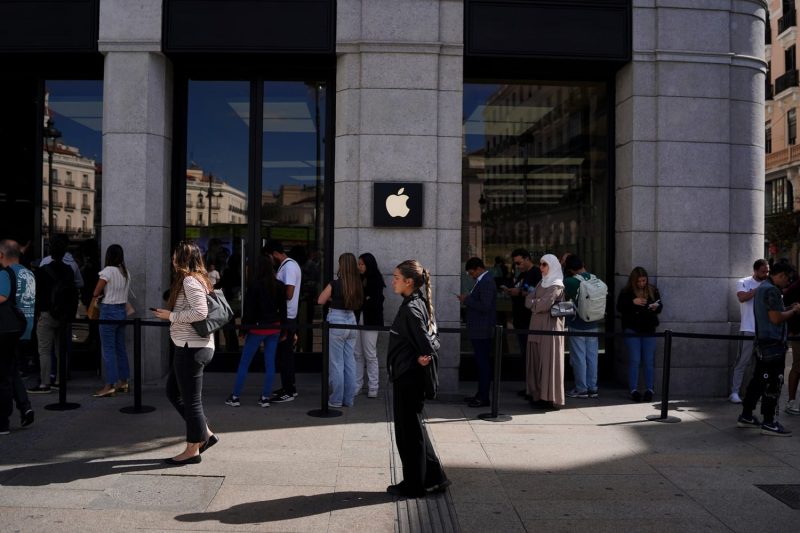In a recent development, European Union regulators have pointed fingers at tech giant Apple for allegedly breaching the bloc’s rules on tech practices. The accusations stem from concerns regarding Apple’s app store policies, which have been scrutinized for potentially harming competition among app developers. The European Commission, the executive arm of the EU, has taken a hard stance against anti-competitive behavior in the tech industry, signaling a growing push for more rigorous enforcement of regulations in this sector.
One of the central issues at hand is Apple’s requirement that all app developers use its proprietary payment system for in-app purchases, which incurs a significant commission fee of up to 30%. This practice has sparked criticism from developers and regulators alike, who argue that it limits competition and innovation in the app market. Furthermore, Apple’s strict control over its app store, including the approval process for apps and the removal of those deemed non-compliant, has raised concerns about the company’s dominance and potential abuse of power.
The European Commission’s investigation into Apple’s practices marks a continuation of the EU’s efforts to rein in the power of big tech companies and ensure a level playing field for all market players. The commission’s antitrust chief, Margrethe Vestager, has been vocal in her support for stricter oversight of tech giants, emphasizing the need to protect consumer choice and foster competition in the digital economy.
Apple, for its part, has defended its app store policies as essential for maintaining a secure and user-friendly platform for consumers. The company argues that the commission’s accusations are unfounded and that its practices comply with relevant regulations. However, the EU’s regulatory body remains steadfast in its commitment to holding tech companies accountable for any anti-competitive behavior that may stifle innovation or harm consumers.
As the investigation unfolds, the outcome of the case will have far-reaching implications for Apple and the broader tech industry. If found guilty of breaching EU rules, Apple could face significant fines and be compelled to change its app store policies to align with the commission’s standards. This case also serves as a reminder of the ongoing tension between tech giants and regulators, highlighting the need for robust oversight and enforcement mechanisms to ensure a fair and competitive digital marketplace for all stakeholders.


































